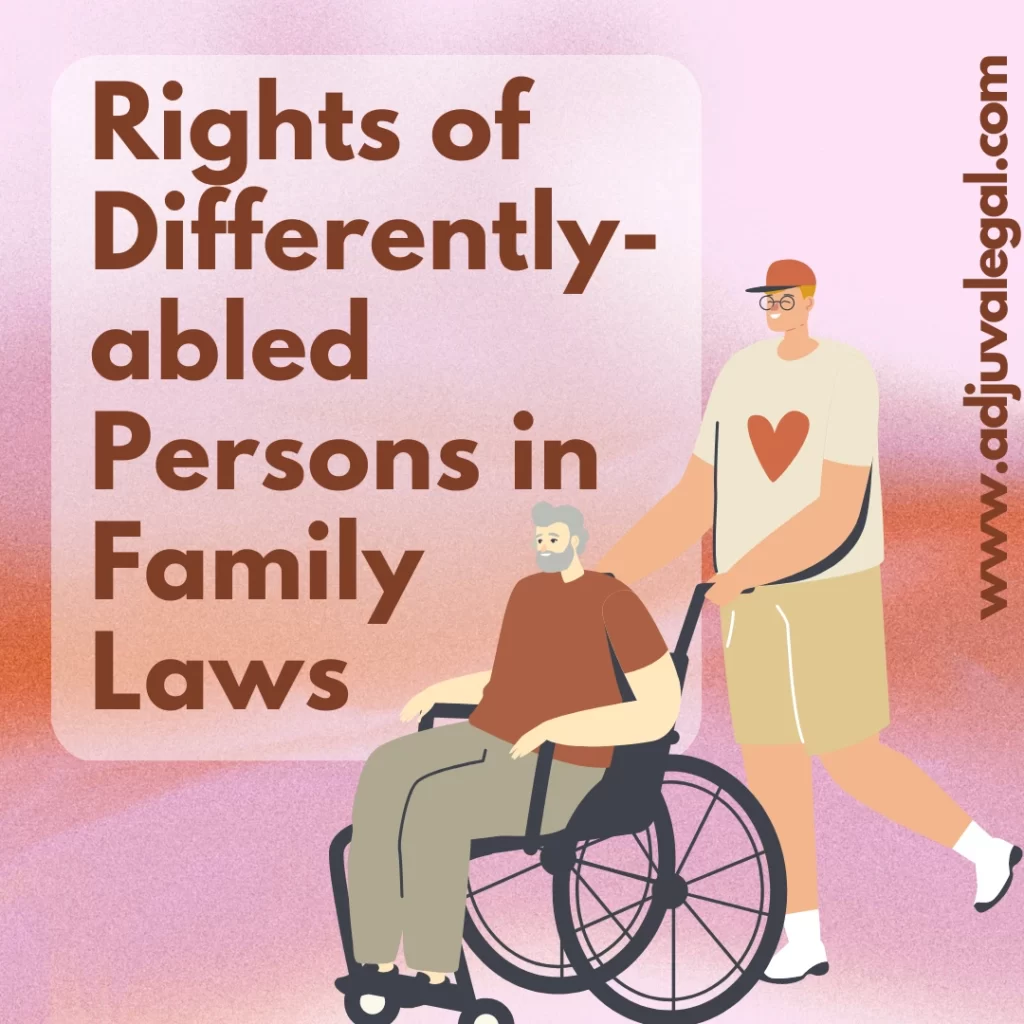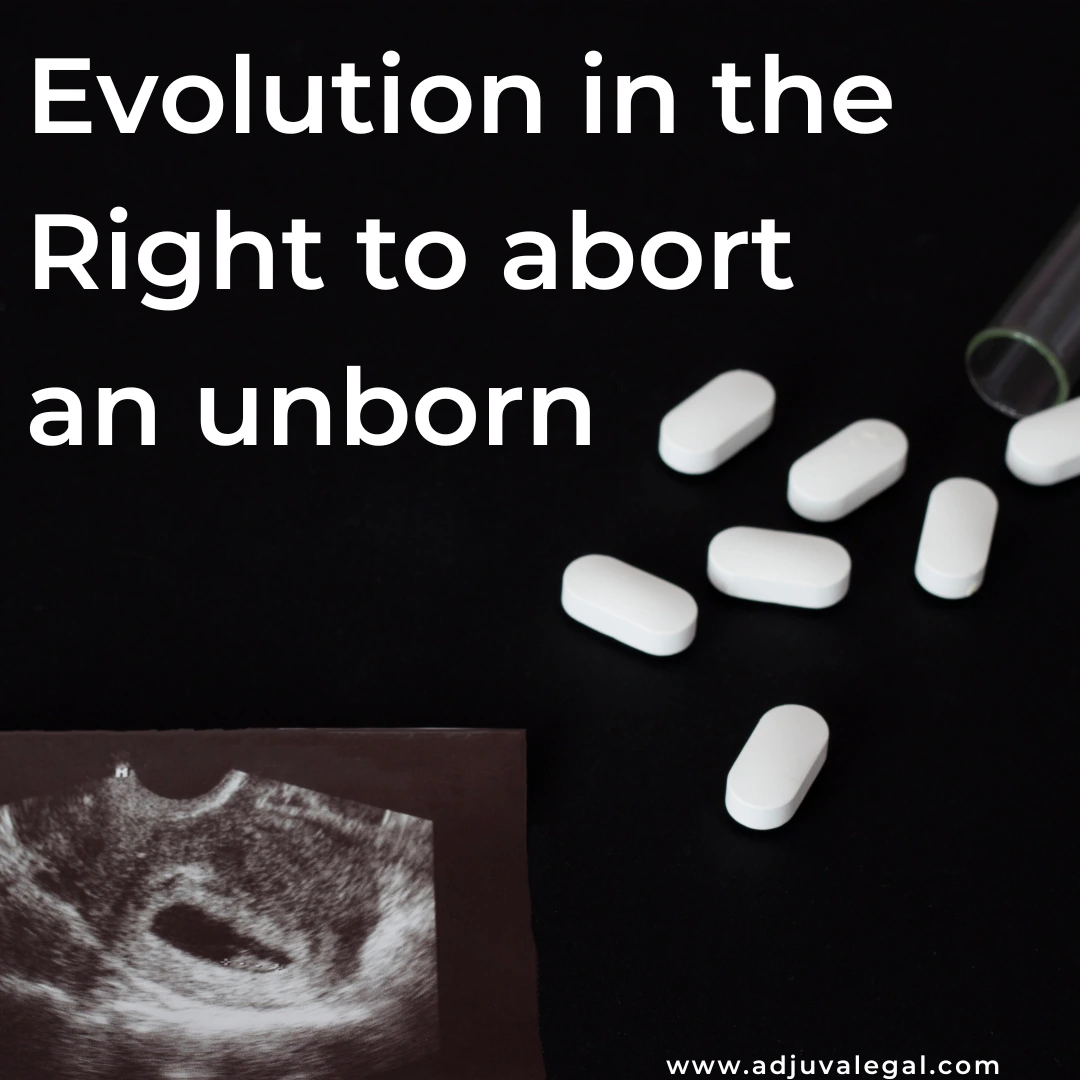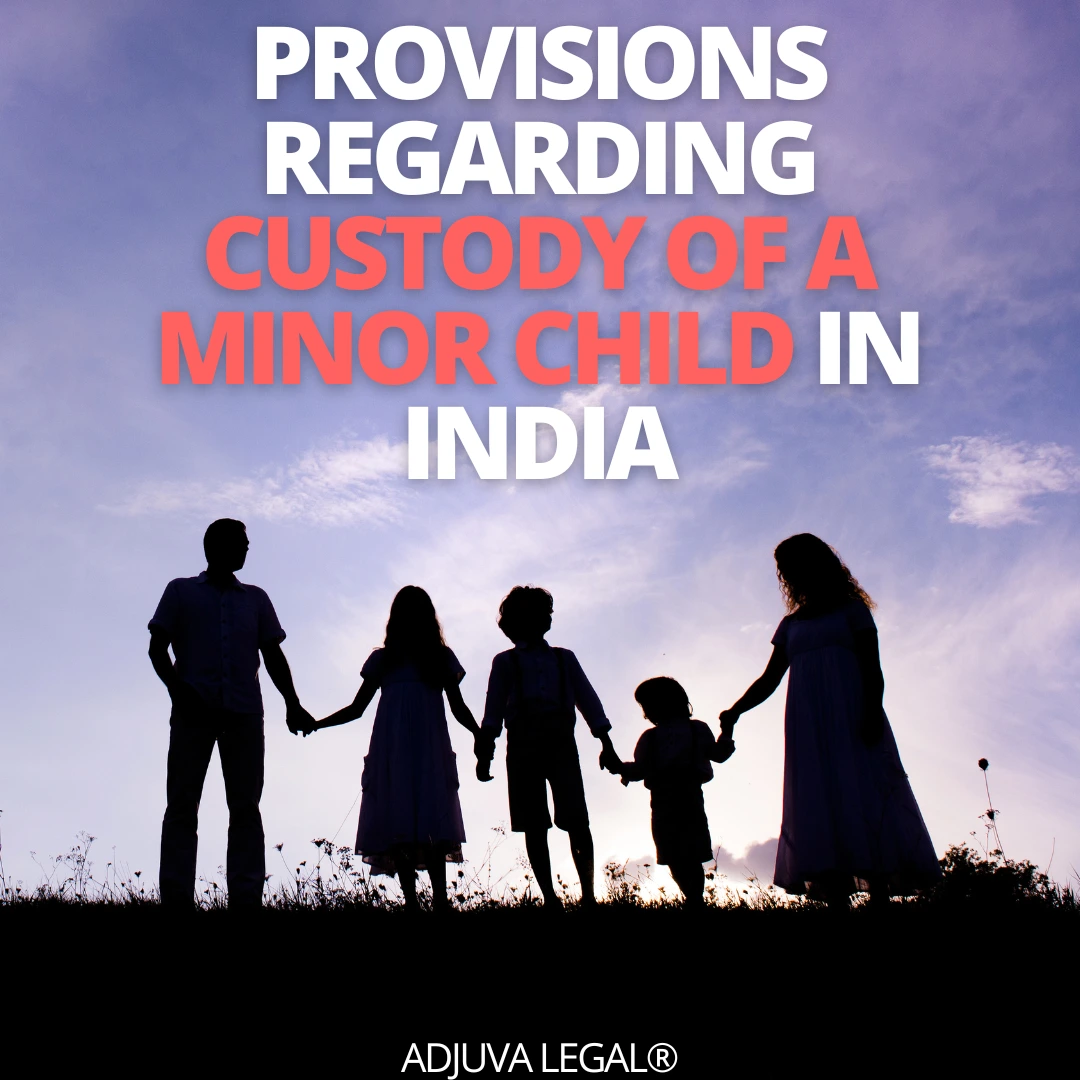Rights of Differently Abled Persons in Personal Laws
A Person with Disability already has a hurdle to overcome in his life. The law is present to aid the person and to keep him on the same footing as a perfectly abled man. The law has several panaceas for the person to deal with his disability along with enjoying the rights available for enjoyment to other individuals too. Personal laws also have several escapes for such a person to enjoy his marital bond, inheritance and other branches of personal laws to the full extent.
Amendments to Personal Laws through the Personal Law Amendment Act, 2019
The Act came as Act No. 6 of the year 2019. It was enacted by notifying the official gazette of India on 21st February 2019. It came as an aftermath of the Personal Laws Amendment Bill of 2018. The bill initiated certain alterations in the existing personal laws to eradicate discrimination on the basis of Leprosy.
Amendments done by the Act are aligned below:
- Section 10 (iv) of The Christian Divorce Act, 1869 was omitted
- Section 2 (vi) of The Dissolution of Muslim Marriage Act, 1939 was omitted
- Section 13 (1)(iv) of The Hindu Marriage Act, 1955 declaring Leprosy as a ground for divorce was omitted.
- Section 27 (1)(g) of The Special Marriage Act, 1954 was removed from the existing act.
- Section 18 (2) (c) of the Hindu Adoption and Maintenance Act, 1956 was omitted by the amendment.
The provisions mentioned above marked Leprosy as a ground for filing a petition for divorce along with a ground for denying the maintenance. The legislature cited the reasoning behind such omission that the treatment of disease is available with the doctors. Also, keeping its position still alive in the statutes will be discriminatory towards a person falling under the category.
Problems Faced by Differently Abled Persons in Personal Laws
- Before the Amendment of 2019, Leprosy was ground to file the petition for divorce.
- Leprosy was also a ground to deny the Maintenance petition before the year 2019.
- A Parent facing Leprosy becomes unable to participate properly in the case of custody of his children.
- A visually impaired or blind person faces trouble while reading and comprehending any document related to Personal laws.
- A person having a disability speaking cannot transmit his views before the officials.
- They do not succeed in getting a spot in the will or get denied getting their share through inheritance. This happens mostly in the case of disabled women.
- Family members force to terminate the pregnancy of a disabled married woman.
- They sometimes are unable to render their consent for their marriage.
- They are termed unfit to have children.
Right to Inherit Property
In every community for example Hindu, Muslim, Christian, and Parsi there is no distinct restriction to inherit property. No law supports discrimination against Persons with Disabilities from owning or inheriting any property. The law is available to aid the unaided than to make them more dependent upon others. Even entrusting property to a differently abled person through a family testament or will is also not restricted in any personal law.
United Nations Convention on Rights of Persons with Disabilities
Guiding Principles of the Convention for Persons with Disabilities
There are three guiding principles of the convention for persons with disabilities that are mentioned below:
Respect: Refrain from interfering with the enjoyment of the right
Protect: Prevent others from interfering with the enjoyment of a right
Fulfil: Adopt appropriate measures towards the full realization of the right
Initiatives by the World
India ratified the United Nations Convention for the Rights of Persons with Disabilities in 2007. India has also enacted a statute named the Rights of Persons with Disabilities Act, 2016. The act came to lend a hand to incapacitated individuals for their growth and development. An organization for disabled persons named Equals Centre for Promotion of Social Justice has conducted research on how many countries have cooperated in ending discrimination towards such persons by enacting a law.
Conclusion
Personal laws deal with the common life of a person. A person may not be an offender or a victim and may not be guided by Criminal law. A person may not be the subject of the law for Intellectual Property Rights or any law made for special purposes. But every individual is the subject of any personal law. Marriage, divorce or inheritance, every person has to undergo any branch of the personal law to which he is subject. A disabled person also undergoes the same set of events in life that demands the involvement of any personal law. Hence, the legislature aims to eradicate all sorts of discrimination present in the existing system, even in the family, to embrace the right of equality of that individual. The above-mentioned conduct leads India towards being a welfare state.
Author – Khushi Shukla, a student of Indore Institute of Law.
Disclaimer: The opinions expressed within this article are the personal opinions of the author. The facts and opinions appearing in the article do not reflect the views of Adjuva Legal and Adjuva Legal does not assume any responsibility or liability for the same.
The Personal Law Amendment Act, 2019 is an Indian legislation enacted to amend certain personal laws, including The Christian Divorce Act, The Dissolution of Muslim Marriage Act, The Hindu Marriage Act, The Special Marriage Act, and The Hindu Adoption and Maintenance Act, to eradicate discrimination on the basis of leprosy.
The Personal Law Amendment Act, 2019 omitted provisions in certain personal laws that marked leprosy as a ground for divorce and as a ground for denying maintenance, citing that treatment for the disease is available with doctors and that such provisions are discriminatory towards individuals with leprosy.
Differently-abled persons face a range of problems in personal laws, including being unable to participate properly in custody cases if facing leprosy, difficulties in reading and comprehending personal law documents if blind, being unable to transmit views if speech-impaired, being denied inheritance, being deemed unfit to have children, and having family members force them to terminate pregnancies.
No, personal laws do not support discrimination against differently-abled persons from owning or inheriting any property. In fact, the law is available to aid those who are unaided rather than to make them more dependent on others.
The United Nations Convention on Rights of Persons with Disabilities is an international treaty that aims to promote, protect and ensure the full and equal enjoyment of all human rights and fundamental freedoms by all persons with disabilities. Its guiding principles include respecting the enjoyment of rights, protecting against interference with the enjoyment of rights, and fulfilling appropriate measures towards the full realization of rights.








